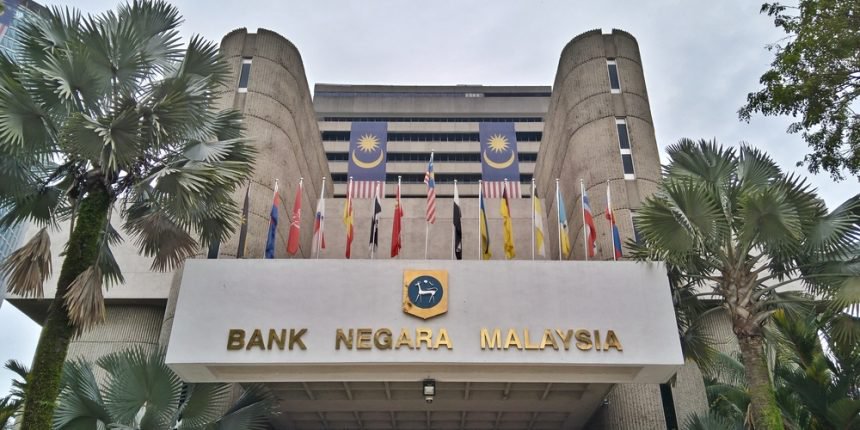Bank Negara announced Tuesday that its “Anti-Money Laundering and Counter Financing of Terrorism Policy for Digital Currencies” is now the law of the land. As outlined in the published policy documentation, the rules will apply to all activities performed by cryptocurrency exchanges that offer both fiat-to-crypto and crypto-to-crypto trading services.
New policies for cryptocurrency exchanges developed by Malaysia’s central bank have gone into effect.
The move follows months of public consultation on the issue. In December, officials from the central bank published draft rules which were then opened up for input to industry stakeholders. Officials began speaking publicly about the framework as far back as November, as reported at the time.
At its heart, the policy requires that exchanges be more diligent about checking and collecting information about the customers who are using their trading platforms, according to the text released Tuesday.
“Reporting institutions are required to conduct customer due diligence on all customers and the persons conducting the transaction when the reporting institution establishes business relationship with customer and when the reporting institutions have any suspicion of money laundering or terrorism financing,” the policy document states.
Specific pieces of data required include the customer’s full name, their address and date of birth, as well as information about the purpose of their transactions.
Still, the central bank stressed that Tuesday’s release doesn’t represent any kind of endorsement from them – nor does it mean that officials are moving to consider cryptocurrencies a form of legal tender in Malaysia.
“Members of the public are advised to carefully evaluate the risks associated with dealings in digital currencies,” the central bank said.














